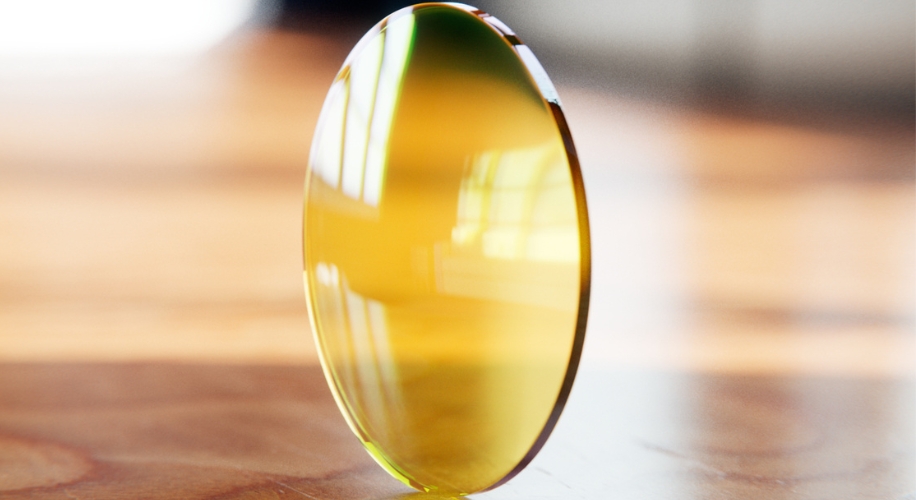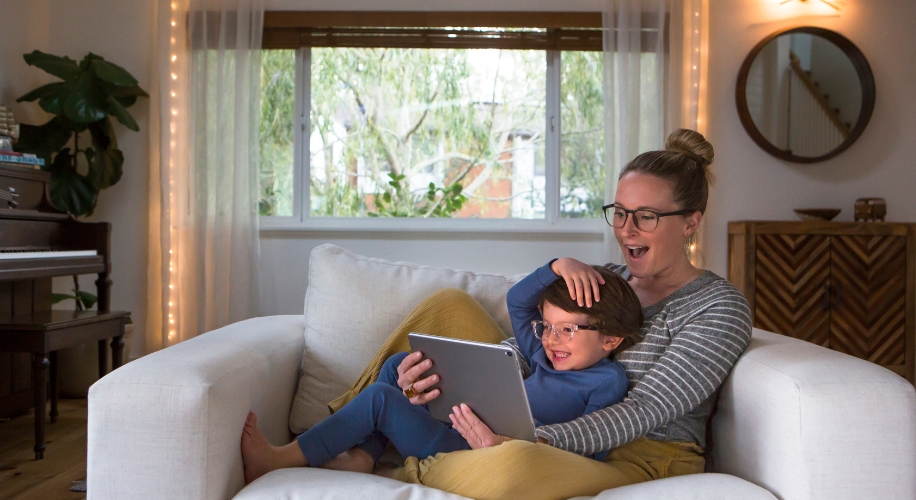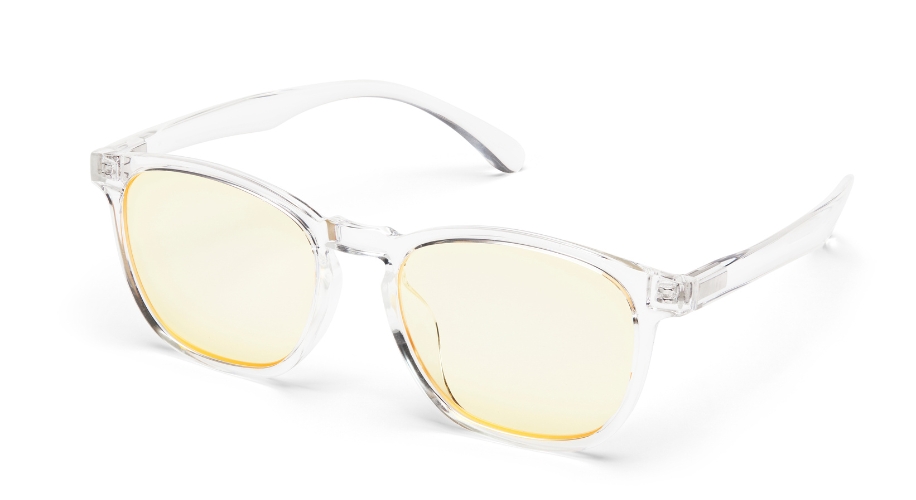Protecting Your Eyes from Blue Light: Myths and Facts
With the digital age in full swing, our exposure to blue light has seen an unprecedented increase. It’s not just from sunlight anymore; screens, LED lighting, and even our smartphones emit significant amounts of blue light. This exposure has raised concerns about potential eye health impacts, leading to a flurry of research and products aimed at protecting our eyes. But what’s the truth behind blue light and its effects on our vision? Let’s dispel some myths and focus on the facts, ensuring your eyes are safeguarded without the guesswork.
Shop Zenni Blokz Blue Light Lenses
Understanding Blue Light and Its Effects
Blue light sits on the shorter end of the visible light spectrum (450-495 nanometers) compared to red light (620 to 750 nm). This shorter wavelength means it has higher energy levels than other colors of visible light. While it’s true that blue light can influence our sleep patterns by interfering with our circadian rhythm, the extent to which it impacts eye health is sometimes misunderstood.

Myths Around Blue Light
Some common myths have arisen around blue light and its potential dangers. Here’s what the science really says:
- Myth: Blue light leads to eye diseases such as macular degeneration. Fact: There is no conclusive evidence to support this claim, although research is ongoing.
- Myth: You must avoid blue light at all costs. Fact: Some exposure to blue light is important for health and well-being, particularly during daylight hours. More on this later.
- Myth: All blue light glasses greatly reduce eye strain. Fact: While some glasses can help with glare and increase contrast, not all blue light glasses have the same impact.
Exploring the Facts of Blue Light
Blue light is not inherently bad
In fact, it’s everywhere, including natural sunlight. We use it to visualize colors. Our bodies use it to regulate the sleep-wake cycle. The amount of blue light we receive from screens is actually a small fraction of the amount of blue light we receive from the sun.
Sleep quality
Melatonin is a hormone that is naturally produced by our brain in response to dark light settings that moderates your circadian rhythm. You may have heard of melatonin as a supplement people take to improve their sleep. Blue light suppresses the amount of melatonin produced by our bodies and can thus disrupt your circadian rhythm and disturb sleep duration and quality.
Digital eye strain
Digital Eye Strain, or Computer Vision Syndrome, is a group of symptoms that are associated with prolonged device use. However, eye strain is often more related to how we use our devices rather than the actual blue light we receive from devices. Taking regular breaks and practicing the 20-20-20 Rule can help mitigate eyestrain.
Long-term effects
Research around the effects of long-term blue light exposure on eye health are still being researched. So far, the research is showing that blue light does not directly cause eye diseases, but has a larger impact on sleep. However, as research continues to be released, we can do our part by taking preventative measures in protecting our eyes.
Choosing the Right Protection
When it comes to protecting your eyes from blue light, it’s important to make informed decisions. For individuals who spend a lot of time indoors or using screens, specially designed blue light glasses can be beneficial. These glasses are crafted to filter out blue light and reduce potential eye strain from prolonged exposure.
- Quality over quantity: Invest in a pair of glasses from a reputable source that transparently explains the level of blue light filtering provided. Additionally, opt for a high quality anti-reflective coating. I tell every single one of my patients who either uses a computer or drives at any part of their day to get an anti-reflective coating.
- Lifestyle alignment: Consider when and how you’re exposed to blue light and choose glasses that fit your daily needs, whether for heavy computer usage or general wear. Blue light glasses are helpful for daytime use, but are even more helpful during evening hours of device use.
- Combine strategies: Along with wearing blue light glasses, practice the 20-20-20 rule: every 20 minutes, look at something 20 feet away for 20 seconds. Try to minimize device usage about one hour before you want to sleep. And yes, that includes the endless phone scrolling right before bed.
While protecting your eyes from blue light is important, it’s equally crucial to approach this issue with a clear understanding of its true effects and how to best utilize your blue light glasses. By choosing the right protection like Zenni’s Blokz Blue Light Glasses and incorporating simple habits into your daily life.
About the Author: Dr. Catherine Ong
Dr. Catherine Ong, OD, is an optometrist based in the Bay Area, California. She earned her doctorate from UC Berkeley, School of Optometry and currently provides primary and speciality eyecare in a private practice setting. She has a passion for patient education and enjoys reshaping technical concepts into digestable topics for all patients. When she is not seeing patients, you can find her exploring new restaurants, exercising, or trying out new recipes.







 United States
United States